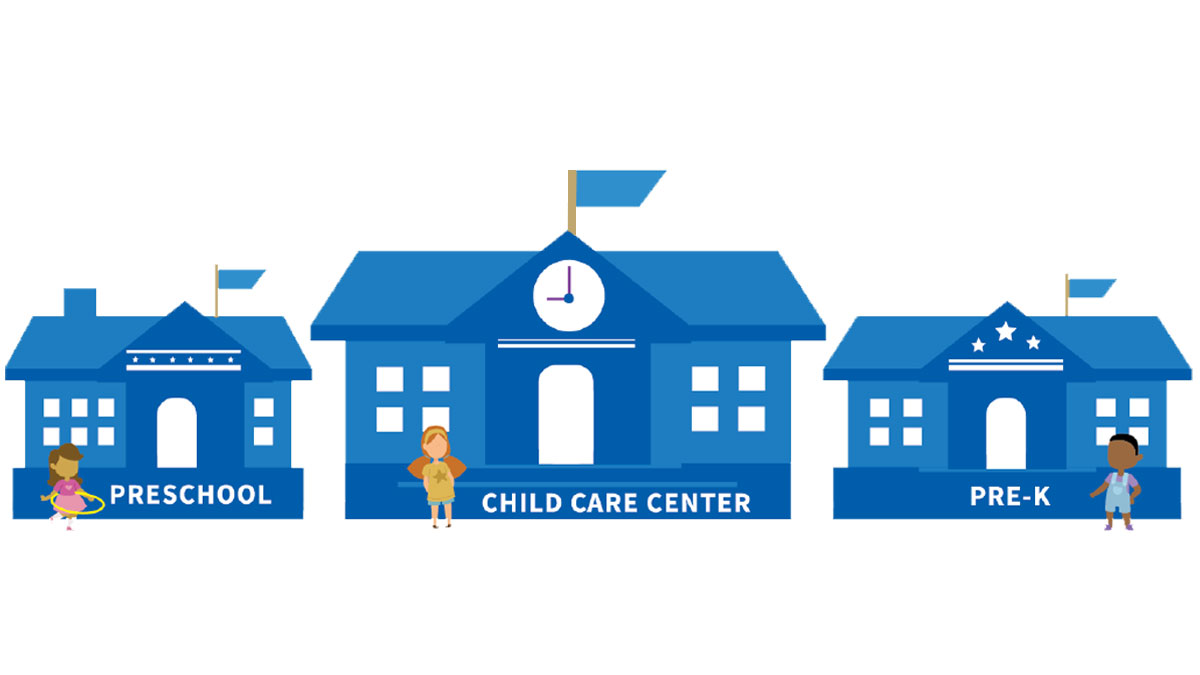At a glance
About 3 in 5 children up to age 5 are in a nonparental childcare arrangement at least one time a week. Early care and education (ECE) facilities are ideal places to encourage healthy eating and physical activity. These practices help build a foundation of healthy habits and can help prevent obesity. CDC is working with states and communities to strengthen their ECE standards and help community providers meet those standards.

Why it matters
If current trends continue, more than half of today’s children and adolescents will have obesity by age 35. Obesity during childhood can put children at risk for physical conditions such as type 2 diabetes, high blood pressure, and liver disease. Obesity can also lead to issues such as being bullied and having low self-esteem and anxiety.
One in 8 U.S. children aged 2 to 5 (nearly 13%) have obesity. Young children who are overweight in kindergarten are four times more likely to have obesity by 8th grade than those who are not overweight in kindergarten.
Starting healthy routines for good nutrition and physical activity in early childhood influences children's growth. Early feeding practices are important for the healthy growth of infants and toddlers. Both a healthy diet and physical activity are linked to better brain development.
Millions of children potentially reached
Of children up to age 5 who are not yet in kindergarten, about 3 in 5 are in a nonparental childcare arrangement at least one time a week. This represents 12.5 million children.

What CDC is doing
To improve nutrition and increase physical activity in ECE settings, CDC's Division of Nutrition, Physical Activity, and Obesity:
- Tracks state progress to help partners and practitioners improve children's nutrition and physical activity.
- Funds programs to help childcare providers adopt obesity prevention best practices and encourage family involvement.
- Develops tools and resources to guide national, state, and local partners.
- Partners with national organizations, states, communities, and other key partners.
CDC works in partnership with Nemours Children's Health to improve and expand nutrition and physical activity in ECE using CDC's Spectrum of Opportunities Framework.
CDC also partners with the Association of State Public Health Nutritionists to provide technical assistance to states and communities. This work is focused on developing sustainable, equitable, and comprehensive Farm to ECE initiatives.
By the numbers
Since 2014, a total of 47 states have increased the number of High-Impact Obesity Prevention Standards in their ECE licensing regulations.
The average number of obesity prevention standards fully met in state licensing regulations for ECE centers increased from 6 in 2014 to 15 in 2022.
